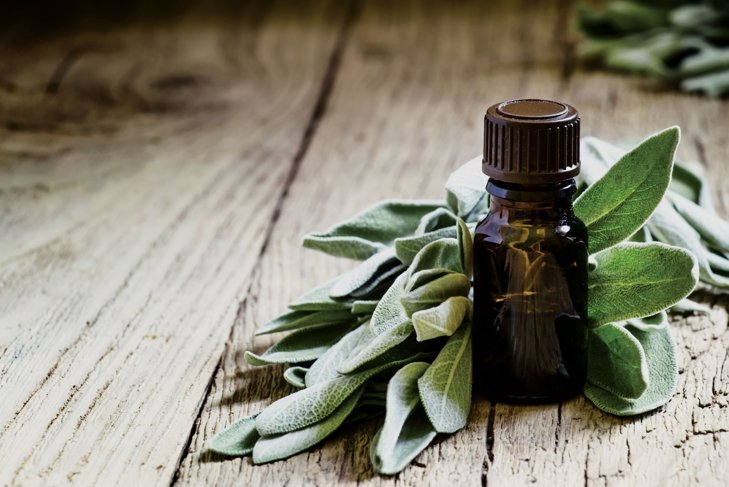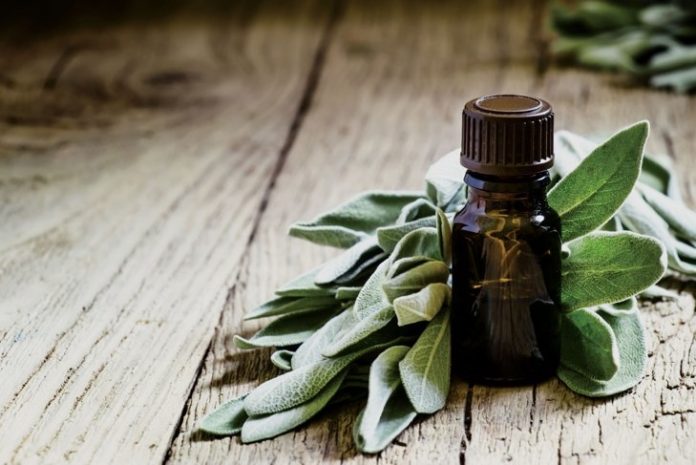
Menopause is often thought of as a time in a woman’s life to be embraced—with all its joys and frustrations. Some of those frustrations can be diminished, though, with the help of natural remedies.
Scholars sometimes refer to menopause as a woman’s rite of passage, a time in her life to be embraced with all its joys and frustrations, a celebration of maturity. While this may be true in part, hot flashes and night sweats leave many women suffering—not celebrating.
The average age at which women reach menopause is 51, and since our population is aging, more and more women are now reaching menopause.
While there are many symptoms that can affect a woman throughout her menopausal journey, the most prevalent complaints include hot flashes and night sweats, closely followed by fatigue and difficulty sleeping, which can be indirectly related. After all, who can get a good night’s sleep when they’re waking up in drenched sheets?
Hot flashes/night sweats are the body’s response to a decrease in the production of estrogen and progesterone hormones. While many women often use hormone replacement therapy (HRT) to help treat symptoms, there are also alternative, natural remedies that may help with these frustrating symptoms.
Sage (Salvia officinalis) is most commonly known as a culinary herb; however, it’s also rich in essential oils that contribute to its medicinal function. Its estrogenic properties have been shown to relieve the frequency and intensity of hot flashes and night sweats and to help regulate hormone imbalances after just a few weeks of use.
Selecting the best sage
When it comes to using sage as a treatment for hot flashes or night sweats, here are three factors to consider when selecting your natural health product.
Less may be more
A single-ingredient product (sage alone) may be more effective. Many combination remedies, although they may seem ideal for treating multiple symptoms, might not contain the best dosage for optimal relief, particularly for people with acute symptoms.
Fresh is often best
Preparations made from fresh plants may contain significantly higher concentrations of active ingredients than those from dried plant extracts.
Backed by science
Look for a product from a manufacturer that provides evidence of clinical research to support its treatment.
As with all medicinal preparations, it’s also a good idea to consult your health care practitioner for advice on the best options and dosages for your particular needs.



